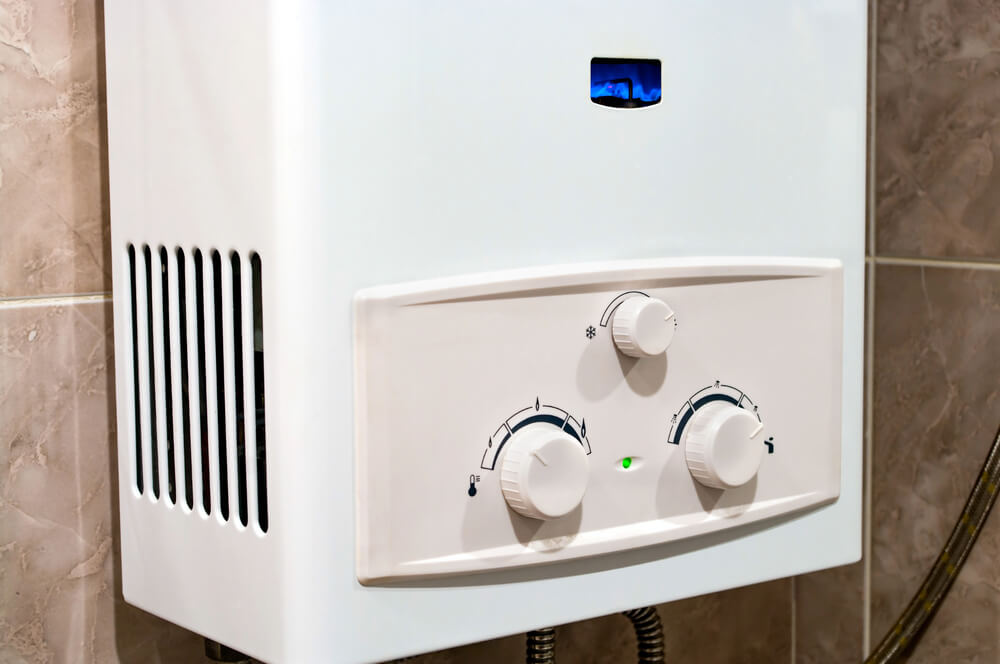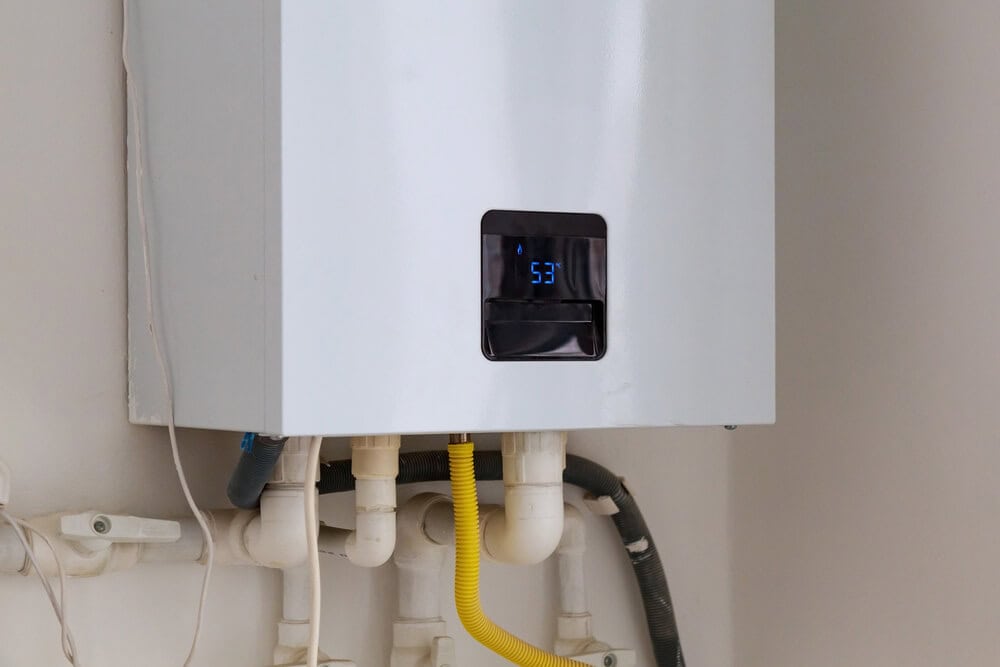In the quest for energy efficiency and convenience, many homeowners are turning to tankless water heaters. Unlike traditional units that store and heat a large volume of water, tankless systems heat water on demand.
This fundamental difference leads to various benefits that can significantly enhance your home experience.
Space Efficiency
One of the first advantages of tankless water heaters is their compact size. Traditional water heaters can be bulky, often taking up considerable space in basements or utility rooms.
In contrast, tankless units are typically mounted on walls and require minimal floor space. This can free up valuable room for storage or other uses, making them a prime choice for smaller homes or apartments.
To ensure your new tankless water heater is installed properly and efficiently, be sure to reach out to Plumber Parramatta NSW, who can provide expert guidance on the best placement for your unit.
Continuous Hot Water Supply
Picture this: you’re in the middle of your morning shower when suddenly the hot water runs out. With a conventional heater, this is a common scenario.
Tankless systems offer an endless supply of hot water since they heat it on demand. Whether you’re running multiple showers at once or using appliances simultaneously, you won’t have to worry about running out of hot water.
This makes them ideal for larger families or homes with high hot water demands.
Energy Efficiency
Energy bills can often feel like a monthly burden. Tankless water heaters can help ease this load. By only heating water as needed, they avoid the standby energy loss that occurs in traditional tanks.
In fact, studies suggest that tankless systems can be up to 30% more energy-efficient than their tank counterparts. This translates to lower utility bills and a smaller carbon footprint, making them a more environmentally friendly option.
Longevity
When it comes to lifespan, tankless water heaters generally outperform traditional ones. While a standard tank heater typically lasts about 10 to 15 years, tankless models can last over 20 years with proper maintenance.
This extended lifespan can save homeowners the hassle and expense of frequent replacements, making it a sound long-term investment.
Reduced Risk of Leaks and Water Damage
Older water heaters can develop leaks over time, leading to potential water damage and costly repairs. Tankless water heaters, with their compact design and absence of a large water storage tank, significantly reduce the risk of leaks.
While no system is entirely leak-proof, the likelihood of major water damage associated with tank failures is notably lower with tankless options.
Installation Flexibility

The installation of tankless water heaters offers a level of flexibility that traditional units often lack. These systems can be installed in a variety of locations, including under sinks, in closets, or even outside.
This versatility in placement can be a game changer, allowing for more creative and efficient use of space in your home.
Lower Operating Costs
In addition to energy savings, tankless water heaters can lead to reduced operating costs over time. While the initial purchase and installation price may be higher compared to traditional models, the long-term savings on energy bills can quickly offset that expense.
The efficiency of tankless heaters means homeowners can enjoy lower monthly bills, adding to their budget relief.
Temperature Control
Many modern tankless water heaters feature advanced temperature control options. Users can set their desired temperature precisely, ensuring that the water is always at a comfortable level.
This feature not only adds convenience but can also prevent scalding, especially in homes with children or elderly individuals.
Eco-Friendly Option
As environmental awareness grows, more homeowners are seeking sustainable solutions. Tankless water heaters are generally considered more eco-friendly than traditional units.
Their energy efficiency translates to lower greenhouse gas emissions, making them a responsible choice for those looking to minimize their impact on the planet.
Minimal Maintenance Requirements
Maintenance is a necessary aspect of any home appliance, but tankless units require less attention than traditional water heaters. Regular flushing to remove mineral buildup is typically the most significant maintenance task.
With proper care, these units can operate efficiently for many years without constant repairs.
Instant Hot Water Circulation Systems
Some tankless water heaters can be paired with a hot water circulation system. This setup allows instant access to hot water, eliminating the wait time often associated with traditional systems.
Imagine turning on the tap and having hot water immediately available! This convenience can be particularly beneficial in larger homes, where the distance from the heater to the faucet can create delays.
Quiet Operation
If you’ve ever heard the rumbling of a traditional water heater, you know that noise can be an issue. Tankless water heaters operate quietly, providing hot water without the disruptive sounds often associated with their traditional counterparts.
This can enhance the comfort of your home, especially in areas where peace and quiet are valued.
Increased Property Value
Upgrading to a tankless water heater can also boost your home’s resale value. Energy efficiency and modern amenities are appealing to potential buyers.
A tankless system, with its long lifespan and lower operating costs, can serve as a selling point, making your property more attractive on the market.
Versatile Fuel Options
Tankless water heaters come in various fuel types, including natural gas, propane, and electricity. This versatility allows homeowners to choose a system that aligns with their energy sources and preferences.
Whether you want to harness natural gas for efficiency or prefer electric models for ease of installation, there’s likely a tankless option to fit your needs.
Reduced Carbon Footprint
For those keen on sustainability, tankless water heaters can contribute to a reduced carbon footprint. Their efficiency means that less energy is consumed, leading to fewer emissions.
As more individuals and families strive to live sustainably, choosing an energy-efficient water heating solution becomes a crucial step in that journey.
Comfort and Convenience
At the end of the day, the comfort and convenience of having hot water readily available cannot be overstated. No one enjoys the hassle of scheduling showers around water heating cycles.
With tankless systems, you can enjoy the luxury of hot water whenever you need it without compromising on comfort.
Compatibility with Renewable Energy Sources
For eco-conscious homeowners, tankless water heaters can often be integrated with renewable energy systems, such as solar panels. This compatibility allows for greater energy independence and can further reduce utility costs.
By using renewable energy for water heating, homeowners can embrace a more sustainable lifestyle while enjoying modern conveniences.




